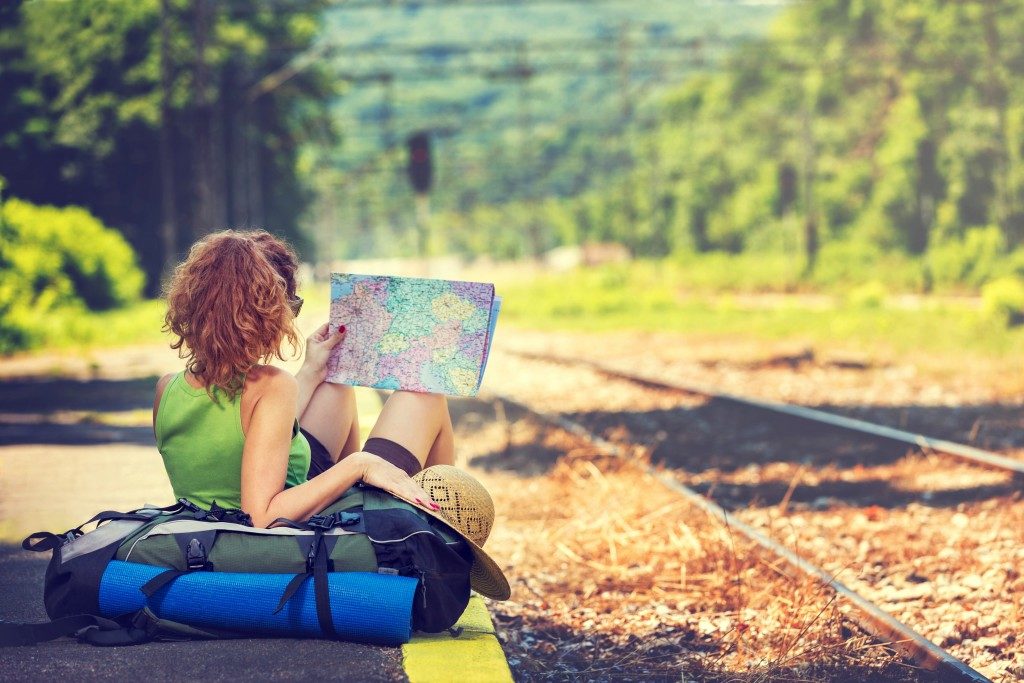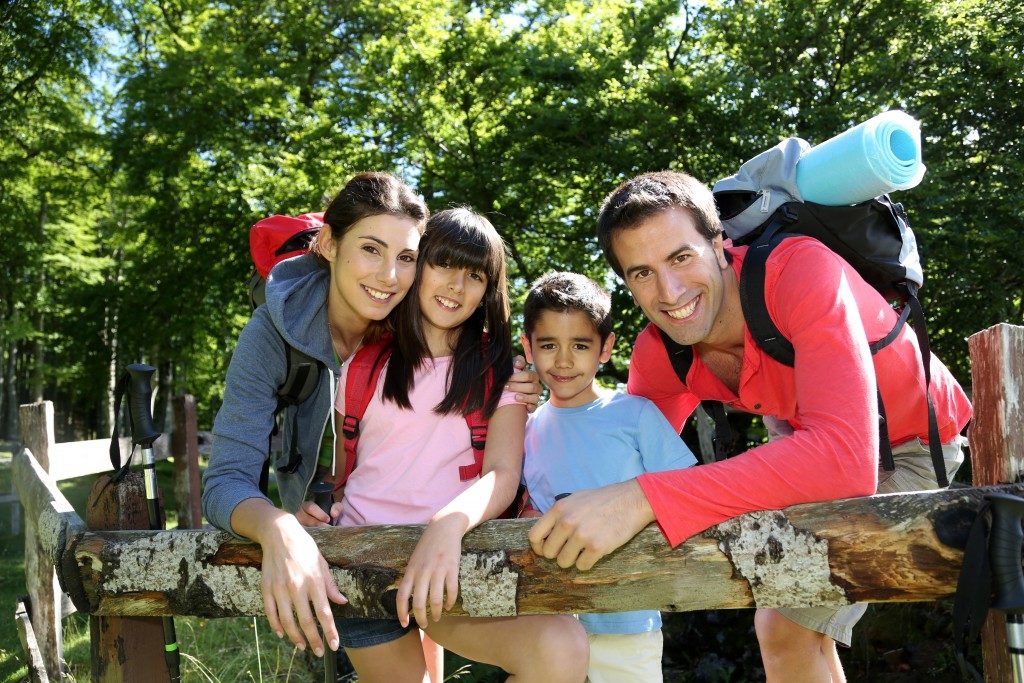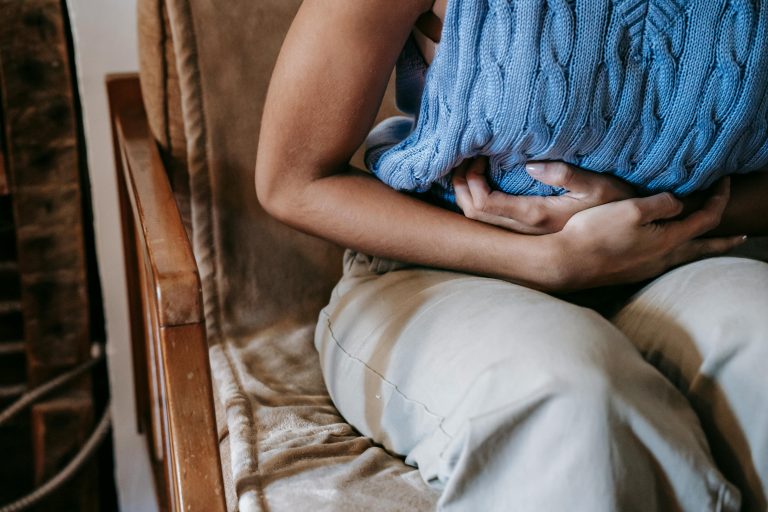Provo-Orem residents are some of the fittest in the nation. Its rates of obesity and diabetes are considered one of the lowest in the U.S. Utah’s outdoor culture and love of hiking have a lot to do with the fitness of its residents, but it also comes with its own hazards.
Difficult Terrain
Loose rocks, slippery mud, and downhill trails can give you a sprain or send you to the knee surgeon if you’re not careful. If you have existing conditions or joint problems, then the risk of injuring yourself goes up. Make sure to keep your attention on the trail and call out to those behind you if you encounter loose rocks or slippery mud. An unfortunate slip can leave you bruised and cut, so carry a few bandages and some alcohol just in case. You can use a knee brace for additional support if you’ve previously had problems with your joints, and you can use hiking poles for those particularly difficult trails.
Allergens
Trees start pollinating February to May, so expect a bit of sneezing. Get to know your plants and trees, especially those that can give you a bit of a sting. Poison ivy, poison oak, and poison sumac are some of the most notorious allergens in the USA, and all three can be found in Utah. Wear protective clothing to avoid making contact, or try to avoid getting near them once you identify them. Bring a few antihistamine pills to be safe, and don’t hesitate to rush to the hospital if you get severe rashes.
Hostile Wildlife
While you probably won’t encounter bears in your hike, you might encounter spiders, bees, ants, and mosquitos. Spiders and bees can cause harsh allergic reactions; try to avoid them as much as possible. Lakes and rivers are breeding grounds for mosquitos so bring adequate mosquito repellant if you go anywhere near them.
Sun Damage

Prolonged exposure to the sun can cause sunburns, and chronic exposure can lead to skin cancer. Being outdoors is good for you, but too much sun can be harmful. Utah’s elevation exposes it to more UV radiation, and Utahns have one of the highest rates of skin cancers in the nation. Wear protective clothing and apply sunscreen. You might need to apply sunscreen more frequently as sweating can make it lose its efficacy faster.
Getting Lost
Being adventurous and going off-trail can increase your chances of getting lost. Of course, merely going off-trail exposes you to more risks as you will be crossing more unfamiliar and more challenging terrain. Going off-trail also makes it more difficult for rescuers to find you in case you suffer an accident or some other mishap. Stick to the trail and always inform somebody if you’re planning to go hiking.
Going outdoors and escaping the bustle of city life is a great way to get a bit of exercise and experience the beauty of nature. However, a good hike can be ruined by one serious mishap, so it’s best to take precautions to ensure everyone’s safety.






